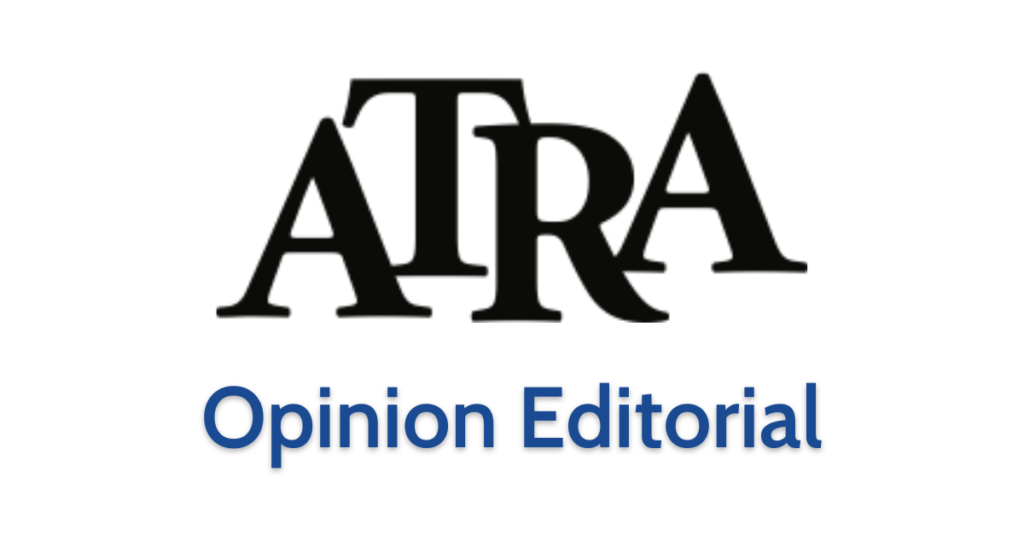‘Highly Unusual’ Rehearing of Louisiana Case Raises Judicial Independence Concerns
Louisiana Supreme Court Waffles Under Political Pressure, ATRA Brief Urges Court to Stand Strong

By maintaining the clear distinction between the judiciary and policymaking, the court can help us navigate this critical issue with prudence and responsibility, safeguarding a sustainable future for all.
This op-ed was originally published by The Hill.
As the summer sizzle begins to simmer, the Supreme Court is warming up to potentially tackle climate change — a global concern demanding careful consideration.
State and local governments across the nation are taking energy companies to court, often seeking billions in damages for their purported roles in climate change. This summer, Multnomah County, Oregon, sued for $50 billion, claiming that energy businesses had contributed to the “2021 Pacific Northwest Heat Dome.”
Late last month, energy companies sued by the state of Minnesota requested the U.S. Supreme Court’s review in their case.
The emergence of climate change litigation in recent years is a massive deviation from the standard realm of state tort, public nuisance, or consumer protection claims. Instead, climate change lawsuits delve into the intricacies of federal environmental and economic policies, with impacts far beyond state lines.
These lawsuits parade as state law claims, but their complex federal implications and global impact demand a more discerning eye.
While allegations of property damage and financial losses due to shifting global weather patterns might mimic state-level issues, their core revolves around federal and global environmental regulation. These cases must be heard before federal courts, rather than placing the burden on state, city or county courts.
First, it is an inherently flawed idea to allow individual states and local governments to single-handedly set national policy on climate change. Decisions of such magnitude, with far-reaching global implications, must be made collectively on the national stage.
Resolving these cases in state courts risks fragmenting our national approach to climate change, resulting in a patchwork of inconsistent, ineffective policy measures. Additionally, many state court judges are elected, rather than appointed for life, introducing the potential for politically swayed litigation.
Unfortunately, these lawsuits are not always simply about environmental protection. They often involve private contingency-fee lawyers with a vested financial interest that may not align with the broader public good.
For instance, the firm representing Minnesota in its climate change litigation, Sher Edling, has actively promoted climate change litigation to state attorneys general and is retained by numerous state and local jurisdictions for similar claims. Its actions raise questions about whether their motivations are rooted in justice or in profit.
It’s not limited to private law firms, either. Advocacy groups, equipped with considerable resources, have been instrumental in pushing litigation through state attorney general offices.
The Michael Bloomberg-funded State Energy and Environmental Impact Center is a prime example. Armed with a $6 million grant, its mission is to “support state attorneys general in defending and promoting clean energy, climate, and environmental laws and policies.” This support extends to providing “direct legal assistance” on specific matters.
While it may appear commendable to assist state attorneys general, this practice blurs the lines of responsibility and accountability. Embedding advocacy organization staff into government roles creates conflicts of interest. Are these individuals genuinely advocating for the state’s interests, or are they advancing the agenda of an outside group? To whom are they accountable?
Such arrangements lack transparency and oversight, giving rise to legitimate concerns and setting a precedent for private interests potentially influencing government officials from within state government.
It threatens the broader public interest to permit wealthy individuals or well-funded advocacy groups to finance government officials, whether through law firms or by directly providing staffing. Such practices undermine our legal system’s integrity, reduce transparency, and raise doubts about the genuine objectives of the litigation pursued by these offices.
The Supreme Court can rectify these issues by hearing and ruling in American Petroleum Institute v. Minnesota and other similar cases. The court can set a precedent that ensures climate change litigation is conducted with utmost transparency, accountability, and, most importantly, in the best interest of the public and the environment it seeks to protect.
Climate change is a matter of national and global significance. The Supreme Court must act as the guardian of our legal system and protect fair, comprehensive, and accountable climate policy. By taking a firm stance on cases like American Petroleum Institute v. Minnesota, the Court can ensure a unified and effective approach.
By maintaining the clear distinction between the judiciary and policymaking, the court can help us navigate this critical issue with prudence and responsibility, safeguarding a sustainable future for all.
Tiger Joyce is president of the American Tort Reform Association.
Louisiana Supreme Court Waffles Under Political Pressure, ATRA Brief Urges Court to Stand Strong
Left unchecked, these jurisdictions will continue dragging down economic growth and undermining justice through rampant lawsuit abuse.
Claimants Given Opportunity to Vote on Plan; Judge to Reconsider Scientific Validity of Plaintiffs’ Experts
Legitimate consumer protection demands sound science and impartial analysis — not distorted data designed to manufacture lawsuits.
Law Firms Spent $168M+ on 2.2M Ads in Georgia
ATRA’s Latest Studies Reveal Financial Influence and Lack of Transparency in Pennsylvania’s Campaign Finance Systems